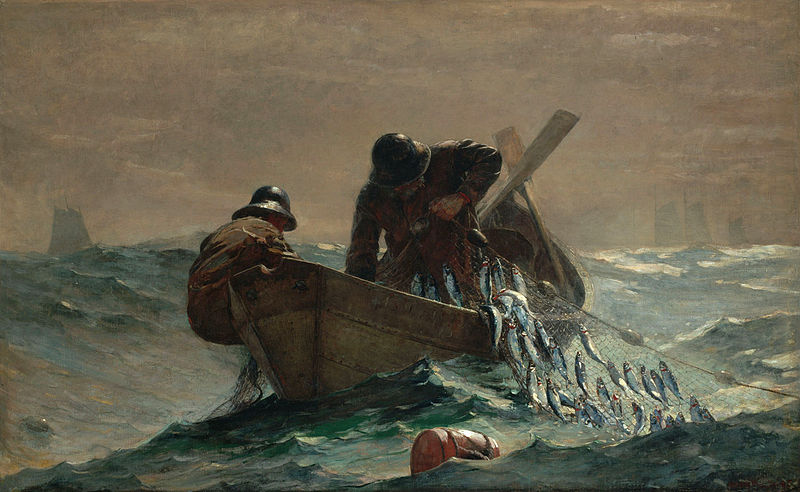“There is no smooth road into the future: but we go round, or scramble over the obstacles. We’ve got to live, no matter how many skies have fallen.”
D.H. Lawrence, 1928, Lady Chatterley’s Lover
In 2004, George A. Bonanno wrote a paper entitled ‘Loss, Trauma, and Human Resilience: Have We Underestimated the Human Capacity to Thrive After Extremely Aversive Events?‘.
In this paper he poses a question we rarely hear or consider in today’s environment- does everyone need help? In recent years, many societies have embraced people’s want or need for therapeutic intervention. For centuries there have been various sources of counsel or guidance; for example, from the church or family, but the present-day notion of formal counselling, therapy, or whatever you wish to call it, is quite new. Many of the methods used today in therapy come from the works of Freud, the founder of Psychoanalysis, who worked from the late 19th century to the early 20th century, and Aaron T. Beck, who introduced Cognitive Behavioural Therapy in the 1960’s. Historically speaking, these theories that are behind most modern therapies are still relatively new.
In his paper, Bonanno is not questioning the legitimacy of therapeutic intervention for those who need it.
What he is questioning is the current insistence that anyone who experiences loss, trauma or any other adverse events, must need intervention. As a society we are now quite accepting that people may need help and psychological debriefing at different stages in their life. Bonanno argues however, that it is not a one glove fits all situation. Some people are higher in resilience than others. This trait allows them to maintain a healthy equilibrium throughout adverse conditions. Many loss and trauma professionals, mistake or mislabel this trait as some sort of pathology or repressive state. They would argue that those who do not show signs of severe distress after experiencing a loss or a trauma are somehow pathological or are only ignoring their true feelings, which will surface in the future.
The initial problem that Bonanno cites is that the participants who these professionals have to study, are people who seek their professional help.
This means that they lack information on those who are higher in resilience since they are less likely to seek therapeutic intervention. This, Bonanno believes, is simply because they do not experience the same level of negative emotion. That is not to say that they don’t experience any negative emotion upon a loss or traumatic event. Even those who are most resilient experience sadness or interruptions in their everyday life, the only difference being that these effects are transient. Left to their own devices, these people will cope perfectly fine over time. Insisting that these people should get therapy Bonanno argues, is not only needless but may in fact be harmful- “Critics of psychological debriefing argue, however, that such a broad application may pathologize normal reactions to adversity and thus may undermine natural resilience processes.”
Many people who work in the area of loss or trauma, believe that resilience is a very rare trait of an extremely healthy individual.
Bonanno disagrees; he believes that people are more often resilient than not. As an example, he cited that ‘Ozer et al. (2003) recently noted that “roughly 50%–60% of the U.S. population is exposed to traumatic stress but only 5%–10% develop PTSD” (p. 54).’ Bonanno argues that most people who experience hardship of some sort are able to continue on with little long-term damage to their normal functioning and are still able to experience positive emotion. He cites many studies in which the majority, and vast majority in some cases, of the sample group, showed trait resilience.
Just as we have accepted that some people need intervention upon experiencing loss, trauma or other hardships, it seems right to accept that some do not.
It is nonsensical to expect people to react to a situation in the same way when we know that people have different traits as well as experiences, habits, ideas, etc, which all become factors in how we cope. My weakness is not yours; your strength is not mine; as individuals we rise and fall in different areas at different times. There is no blanket solution that is right for everyone and it is unfair to insist on debilitating those who can cope in order to fit a narrative. On striving to show acceptance towards those who suffer, let’s not insist on pathologizing those who don’t, and in the process, diminish an admirable and extremely useful human trait.




